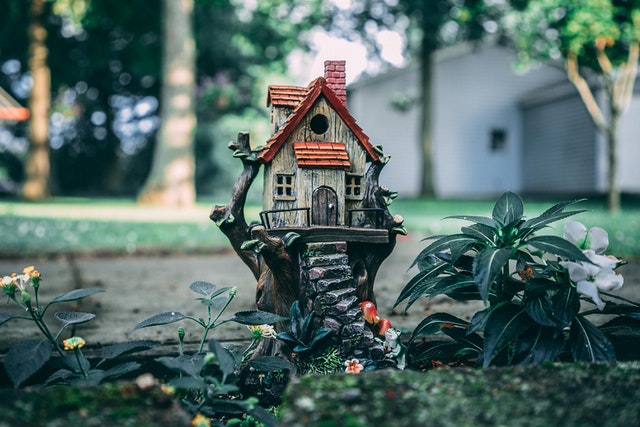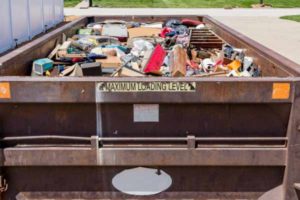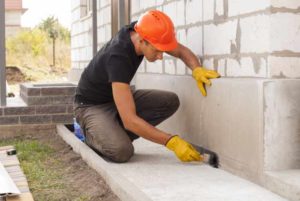When the weather changes, structures tend to follow. When the weather becomes more severe, structures become more susceptible to damage from falling snow, ice, and other natural elements. There are a few simple things you can do to make sure you keep any house protected from the elements.

Keep Any House Protected
There are many factors that could lead to a house’s deterioration, including structural problems, water damage, structural movement, and more. When planning for water damage in a building, it’s important to know what type of damage you’re likely to experience. The best way to do that is to make sure you know the following:
- Age of the building
- Condition of the foundation
- Materials used in the construction
- Type of roofing used
- Age of the heating and cooling systems
- Type of insulation used
- Presence or absence of foundation or sub-floor repairs.
These are just some of the things you should know.
Strengthen the Weak Points in the House
When it comes to protecting your home from the elements, there are six things you can do to make sure you stay as safe as possible.
- Make sure all doors and windows are securely fastened.
- Cover all exterior parts that could be exposed to the weather, such as the roof, wall, and door frames.
- Carefully clean the inside of all structures to remove any debris that could lead to moisture damage.
- Use a sealing compound on all roofing materials to help keep them watertight.
- Wiring in sensitive areas should be limited to low-energy alternatives.
- Plumbing systems should be kept free of damage and clear of any objects to prevent flooding. You can also use a flood protection barrier.
When it comes to protecting your large investment, spending money on preventative maintenance can save you a lot in the long run. It may not seem like it at the moment, but you’ll be glad in the future.
Take Advantage of Housing Experts
Most homeowners are not structural engineers. Heck, they usually aren’t building specialists of any kind. To keep any house protected thoroughly, it makes sense to connect with experts in a given field.
Your home’s most important part is the foundation. If you find a crack or worse—water in your basement—don’t wait, call a foundation expert.
Next up is your house’s roof. It pays to have your roof routinely evaluated. Even if these inspections are five years apart, they should be on your calendar. And if there are strong winds, hail, or tornados, that should warrant a roof evaluation.
Home Warranty
Some people prefer to go the insurance route. This isn’t only for when you purchase a home because a home warranty can be part of your standard home protection plan.
There’s definitely a cost involved, but depending on the age of your house and its current condition this may make sense for you. Speak with others who’ve used a home warranty in the past. Or even talk with your real estate advisor to get their take.
Conclusion
If you want to keep any house protected, you can’t simply “play it safe.” Instead, be constantly on the lookout for signs of danger. Doors should be closed, windows should be shut, and objects should be covered when they’re not in use.
Also pay special attention to the most expensive mechanicals in your house, namely the furnace, air conditioning, and water heater. It’s important to make sure they’re routinely checked and maintained.
If the weather turns bad, you want your house to be ready for it. This starts with a plan and consistent monitoring.



